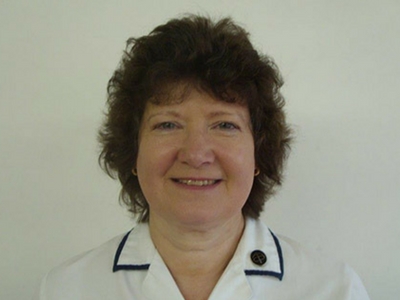The Mummy MOT is a specialised programme for all post natal mums, that has been devised by specialist physiotherapist Maria Ellis, and here at West Wimbledon Physiotherapy Clinic we are delighted to announce that Rosemary Lillie and Jackie Collis are now qualified Mummy MOT practitioners. We have appointments available during the day and in the evenings, so please contact us for further details.
12 Hard Facts of Childbirth and 3 Reasons Why All Women Should Have Post-Natal Rehab
There’s a reason why we do what we do as Mummy MOT® Practitioners – and that is because of the statistics below.
It enrages us that the post-natal rehabilitation of women, their bladders, pelvic floor and other abdominal organs & functions are not more prevalent in this country.
We cannot let another generation of childbearing women suffer these terrible consequences when so many of the symptoms are controllable, improvable and even surmountable given the right treatment, exercises and advice.
Here are the dirty dozen top 12 shocking stats you need to know about life after childbirth…
And our top three stats on why we should have post-natal rehab for every mum…
- Training post-birth after experiencing pelvic girdle pain in pregnancy using a specific stabilisation exercise programme, results showed a significant reduction in pain and 50% reduction in disability. This tells us that specific stability exercises are useful for reducing pelvic girdle pain after pregnancy. (Stuge et al 2004)
- Retraining muscle after an injury is essential as inhibited muscle does not automatically reactivate and retrain. This means that if we don’t actively retrain damaged muscles they won’t do it themselves (Stener & Petersen 1962)
- A survey of 115 postnatal women found that after 8 weeks the gap between the rectus muscle – the inter recti distance or recti diastasis – will not change without intervention. (Coldron 2008)
You see, postnatal rehab works
A Mummy MOT® is the UK’s most comprehensive and specialist postnatal examination for women following both vaginal and caesarean deliveries. It will assess how your posture, pelvic floor muscles and stomach muscles are recovering after birth. And if they’re not, then we can provide you with exercises and treatment to help in your recovery and to return to exercise safely.
Practitioners
Our Physiotherapy Clinic Services
The West Wimbledon Physiotherapy Clinic aims to provide a selection of services to maintain and enhance health and wellbeing. Although primarily a physiotherapy clinic, a range of other treatments are available.



